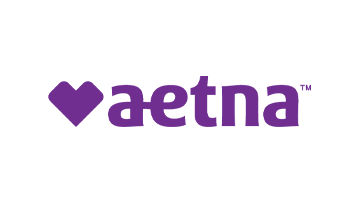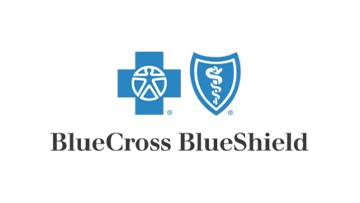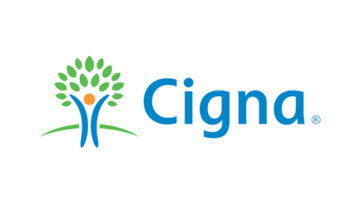Visit Us
Get Directions
To prevent relapse and maintain recovery, it is vital to comprehend the signs that could trigger substance use or addictive behaviors. Mental, emotional, and physical cues all play a role in this process.
A crucial step is developing strategies to cope with triggers. These may include avoiding certain environments that might lead to temptation, managing stress through relaxation techniques, and finding alternative activities that provide positive reinforcement.
It’s just as important to have a strong support system in place. This includes trusted family members, close friends, and qualified professionals who can provide guidance and support throughout the recovery process.
It’s important to understand that relapse does not signify failure but rather an opportunity to learn and make changes that will result in lasting recovery. With the right attitude and unwavering commitment, anyone can overcome addiction and achieve a healthier, happier life.
Relapse prevention is an indispensable aspect of addiction treatment that aims to minimize the possibility and severity of a relapse through the employment of cognitive-behavioral techniques. The crux of this technique entails recognizing warning signs or situations that commonly trigger relapses, and devising appropriate coping mechanisms in anticipation of their occurrence. Successful relapse prevention can be achieved by adopting adaptive stress-reduction techniques, eliminating environmental triggers, and building a resilient support system. Additionally, education on the science of addiction and empowerment to reclaim control of one’s life can help one to realize the benefits of a fulfilling and drug-free life.
Building a strong support network is pivotal when it comes to achieving and maintaining recovery goals. Friends and family members can provide motivation, support, and guidance; whereas a recovery support group or connecting with peers can foster a sense of connectedness throughout the process.
To steer clear of substances or other addictive behaviors, one must develop healthy coping mechanisms. Activities like meditation, exercise, or writing in a journal can help cope with triggers and manage stress, reducing the likelihood of relapse. Ensuring preparedness for potential setbacks and cravings enables individuals to navigate potential obstacles effectively and to remain focused on their path to recovery.
Relapse prevention is not a destination but rather a lifelong journey. Even if you experience a temporary setback, this doesn’t mean that you’ve entirely abandoned your progress. Rather than viewing every lapse as a relapse, you can rely on the tools and techniques you’ve learned to help propel you forward. In some cases, adjusting your approach may be necessary to achieve long-term success. With the right support, strategies and mindset, you can overcome relapse and stay on track towards a successful recovery.
One can forge a path towards permanent sobriety and prevention of relapse by developing a comprehensive plan and practicing mindfulness. With unwavering perseverance and commitment, recovery is achievable.

Empower Recovery Center works with all major insurance companies such as Aetna, Anthem Blue Cross (accepting most BCBS Blue Card plans), First Health, Kaiser Permanente of Southern California, MHN, TriCare West and Quantum Health and Private Pay Insurance.



